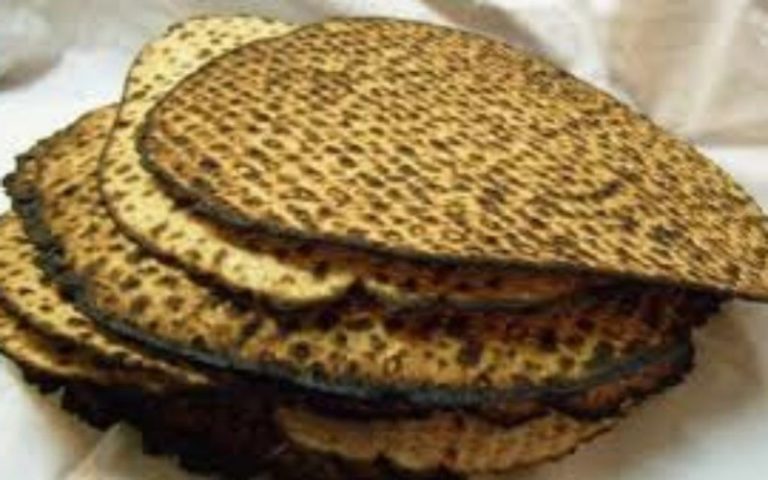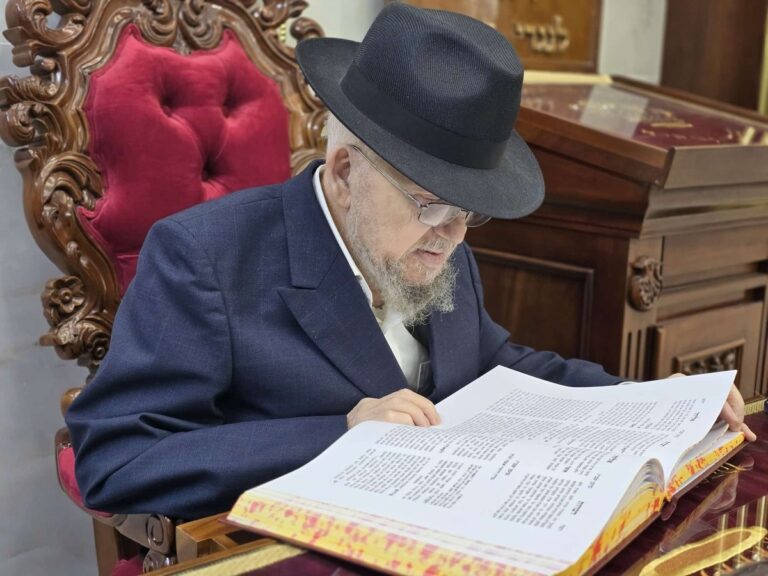 A difference in religious beliefs has caused a family rift, leaving the body of a Brentwood man in cold storage. Howard Lee Rothenstein died Sept. 21 after battling kidney disease. His wife, Susan B. Rothenstein, wanted to have his body cremated by the Woodlawn Funeral Home in Nashville.
A difference in religious beliefs has caused a family rift, leaving the body of a Brentwood man in cold storage. Howard Lee Rothenstein died Sept. 21 after battling kidney disease. His wife, Susan B. Rothenstein, wanted to have his body cremated by the Woodlawn Funeral Home in Nashville.
But Howard Rothenstein’s son filed for and obtained a temporary court injunction keeping his stepmother and the funeral home from doing anything to the body. The son, Mark Philip Rothenstein, who lives in Israel, says his father is Jewish and should be buried according to the laws of Judaism.
Mark Rothenstein wants his father’s body washed by members of the community, dressed in white linens and then buried. Court documents filed by the son’s attorney state that “cremation is particularly disrespectful to this decedent since he was of European descent and had relatives whose bodies were burnt by the Nazis during the Holocaust.”
Williamson County Chan cery Court Judge R.E. Lee Davies granted the injunction and is scheduled to hear the case today.
(Complete story at the Tennessean)











17 Responses
For people who enjoy going to protest, this is worth protesting. For get about Fres Trucks or Iranian President’s meeting with Idiots. Here is one that is an emesa mitzvah.
I know a true story of a Ba’al Teshuva who after attending the funeral of his mother’s best friend and observing the body being interred in a mausoleum, vowed not to do it for his mother. Unfortunately, his mother already paid $10,000.00 after being lied to and told that a mausoleum is Al Pi Halacha. In the end, the mother got all but $1,000.00 back. And the Ba’al Teshuva and his wife invested in Karka when they were only married for two years!
In my state, the wife wins this one, she is the closest relative. Only a writing signed by the father would override her wishes. This should be a reminder to all that everyone needs a written document on these matters if there is a likelihood of a dispute, as well as for medical treatment (Agudath Israel’s halachic living will) even if there is no possibility of argument.
How can a wife be a closer relative than a son? (Excluding rare cases of incest, of course.)
Not closest in terms of blood, oncefrum. I think what midwest observer means is by law, the wife takes precedence over the children, just as when someone is nifter, his or her money goes to the spouse before the children.
gamzultova, when a man is niftar the estate is split between the sons (if there are any), with the bochor (if there is one) receiving a double portion.
Of course a will would override that. And of course the spouse must receive enough for her support.
This of course is Torah law (which takes precedence), not secular law.
Ishto kegufo.
Kol Hakavod to Mark the son, and success is around the corner when following the dictates of the Torah.
I live in this community and can report that the judge blocked the widow from cremating the body.
Joseph,
Al Pi din that is indeed the case, but due to constant feuding and bitter blood, Rabonim normally pasken to divide the lot equally!
nameless, in most cases there is probably a will negating any need for the Rabbonim to decide how to divide the estate (other than implementing the will itself.)
I mean in the case where there is NO will!
The Bichor can INSIST that he gets it all and its THEN when the Rabonim intervene on behalf of the rest of the family!
You mean the Bichor may insist he get a double portion (not that he gets it ALL.)
I don’t know if that policy (that it is divided equally) is adhered to by all communities (i.e. Chasidish, Litvish, Sefardish, etc.) Some Rabbonim may implement the division al pi din (with a double portion.)
I’m not sure,I know a case where there was no will and the Bichor insisted that he can claim it all! ( there were no other brothers, only sisters)After weeks of bitter Din Torah they came to some sort of compromise. (chassidish)
Apparantly a yerusha goes from a father to a son and a will of a mother even if there is one, is very shvach but I stand to be corrected, I am not sure!
Ahh, thats different. If he was the ONLY son (as you clarified what occurred in the story) — regardless of any number of daughters — then al pi din he may claim it all (after leaving a sufficient amount to support a survivng spouse.)
Typically Butei Dinim will seek a compromise where possible, rather than forcing the letter of the law (in general, not only by yerusha cases).
BTW in your story it is indifferent if he is a bichor or not, as he is the only son.
Yes YIDEL, I am aware of that. Had he been the youngest of 10 sisters, he could claim the yerusha his own. However, my point was that in order to prevent bitter blood, Rabonim try to come to a compromise!
He is ALLOWED to be mivater on the Din on behalf of his female syblings!